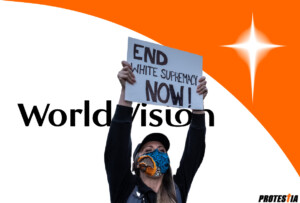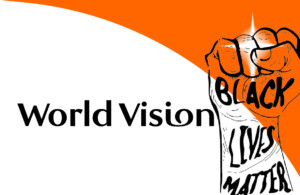
World Vision Teacher Suggests Churches are White Supremacist by Default, Must ‘Name’ and ‘Balance’ Power Dynamics
Continuing the trend in the wikification of World Vision, Dr. Soong-Chan Rah interviews Dr. Korie Little Edwards, who joins Dr. Soong-Chan Rah for their “May We Be One” course. Dr. Korie Little Edwards is perhaps the most radical progressive and given over to a racialized mindset as they come. While




